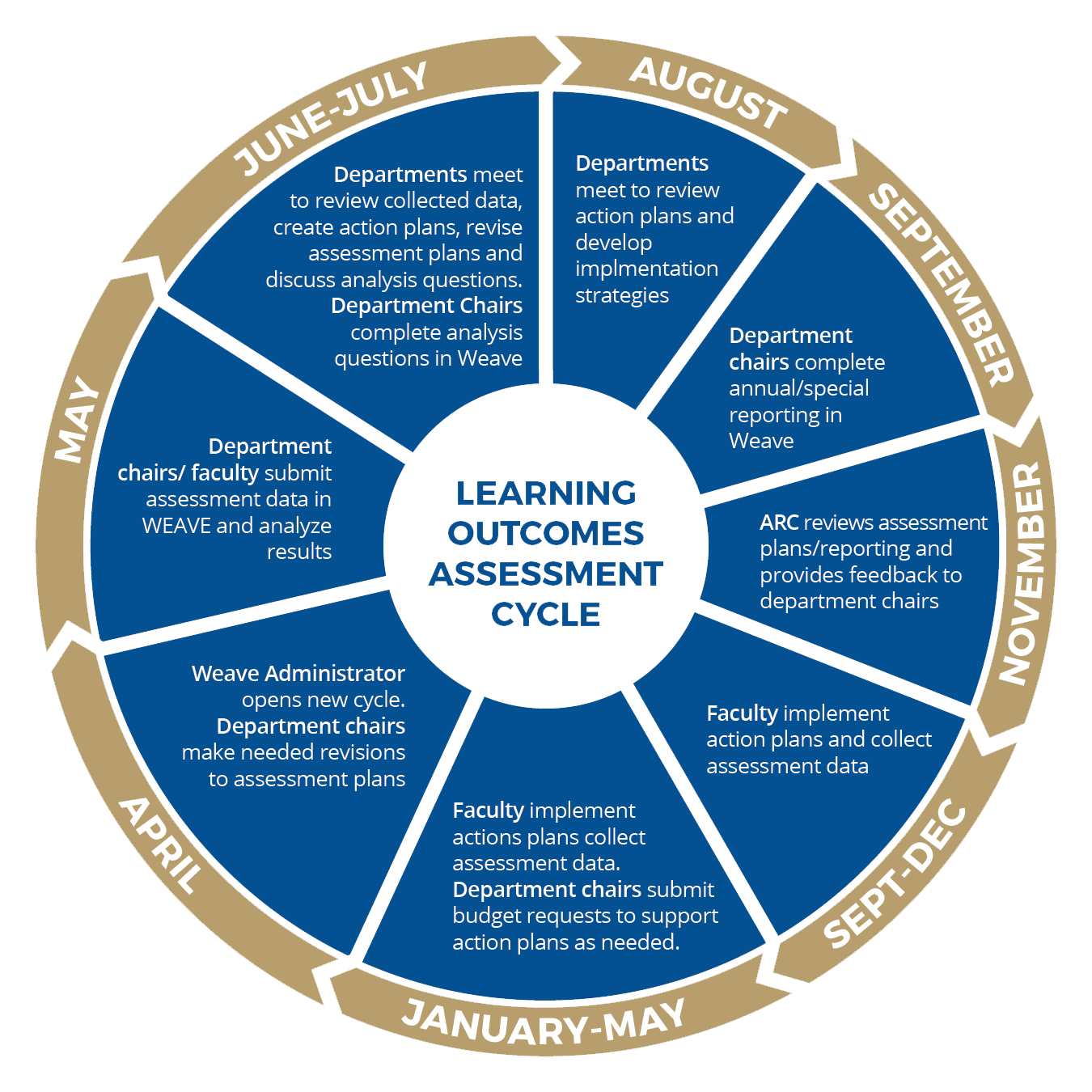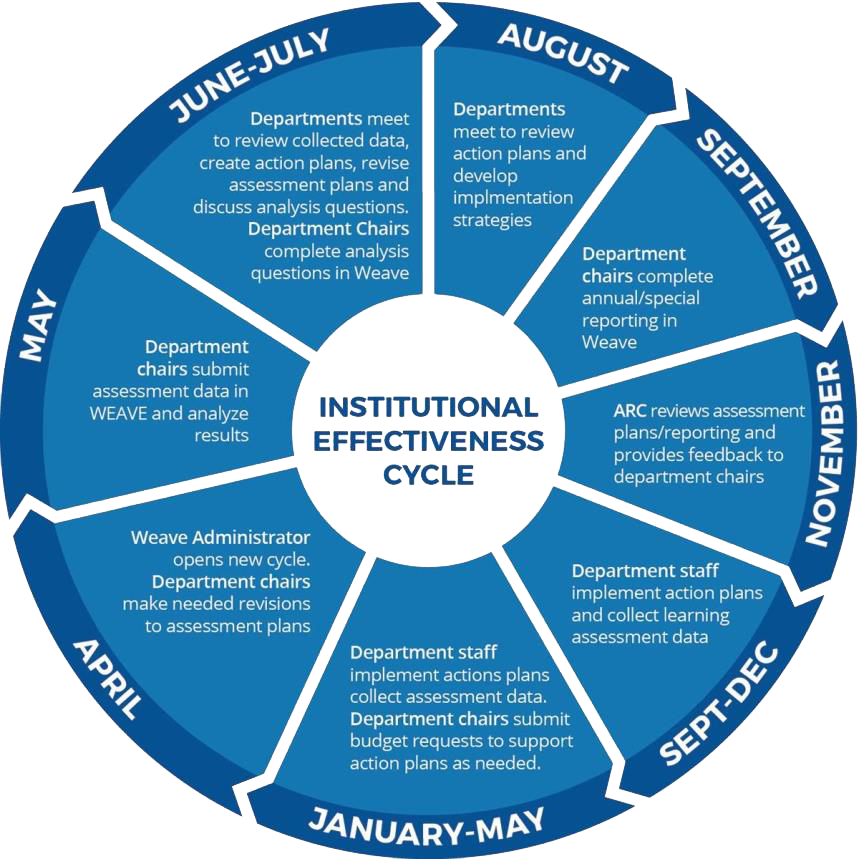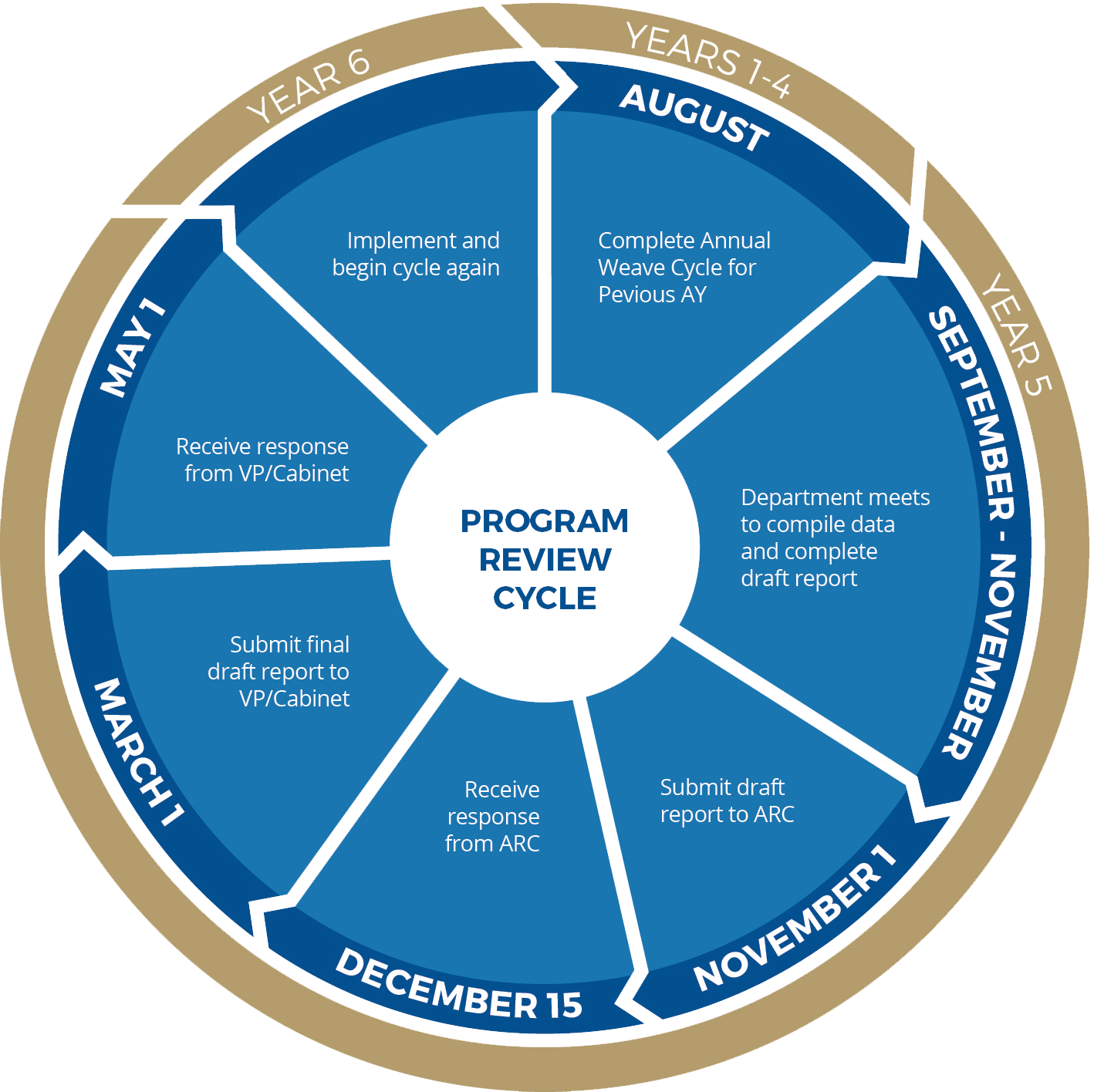Institutional Effectiveness
Emmaus Bible College is committed to achieving its mission and vision for God’s glory. Evaluation of institutional programs and services plays a critical role in mission achievement now and in the future. The Emmaus Institutional Effectiveness plan includes two primary drivers of institutional success and continuous improvement: Assessment and Institutional Research. Use the tiles at the bottom of the page to dig deeper into each area.
100%
Professional studies graduates are employed in positions directly or somewhat related to their programs of study.*
*Class of 2019
Institutional Strengths
- Classes enable me to form a biblical worldview
- The environment encourages my spiritual growth
- The quality of instruction I receive in most of my classes is excellent.
Components of Institutional Assessment
The assessment of student learning process provides a mechanism for evaluating the effectiveness of the academic programs at Emmaus. Each academic program has established a set of learning outcomes to be met by program graduates. Evaluation tools are used at the program level and at the institutional level to assess whether or not learning outcomes are being met. The evidence collected is then analyzed and used to make academic program changes or improvements.
Though each program assessment plan is unique in its outcomes and assessment tools, a unified model has been employed in plan development. The plan is based on three areas of student achievement: knowledge, skills and dispositions. In simplified terms, departments have articulated what the ideal graduate will know, what he will be able to do, and what his character will reflect. Departments have identified between three and ten outcomes and an appropriate number of signature assessments to measure those outcomes. While many formative assessments are embedded in the course work for each program, these summative assessments represent the cumulative learning that has taken place during a student’s tenure at the college. Departments have established targets for each measure and report annually whether those targets are met, partially met, or not met.

Five institutional goals provide a framework for assessment of institutional effectiveness that assists the college in providing direct evidence of mission achievement.
Emmaus purposes to:
- Empower learners to realize their full potential through high-quality academic and student life programs that are biblically grounded and culturally relevant.
- Provide an attractive, safe environment conducive to learning and spiritual and personal growth.
- Encourage the personal welfare and professional development of each faculty and staff member.
- Sustain and enhance the human, physical, and financial resources needed to achieve mission and vision.
- Enrich external constituencies through education, ministry, and service.
An institution-wide IEA plan evaluates the college relative to all institutional goals. Non-academic departments assess their effectiveness using department-specific IEA plans. All IEA plans include goals, outcomes, effectiveness measures, metrics, and achievement targets. Department IEA plans are managed in the WEAVE assessment data management system.

The purpose of academic program review at Emmaus Bible College is to examine, assess, and strengthen academic program offerings. The areas in which program quality are evaluated include, but are not limited to:
- Quality of educational programs, including an assessment of student learning outcomes,
- Contributions or needs of the program relative to the institution as a whole,
- Potential and future expectations for the program.
The review is intended to enhance program quality, evaluate current strengths and weaknesses, assess challenges and opportunities, and thus, provide input for departmental and institutional priorities and plans.
The Emmaus Bible College academic program review (APR) process is conducted on a five-year cycle. Academic program reviews (APRs) are conducted by the department chair, with input and support from department faculty.
The college also reviews the effectiveness of its non-academic departments. The purpose of these reviews is to examine, assess, and strengthen non-academic units within the college. The areas in which department quality are evaluated include, but are not limited to:
- Department effectiveness, utilizing data from IE assessment processes
- Contributions or needs of the department relative to the institution as a whole
- Potential and future expectations for the department

